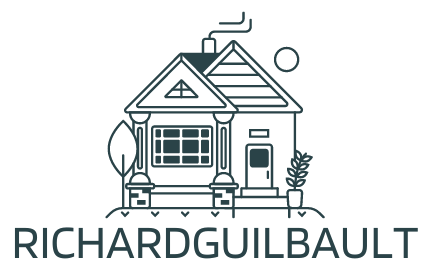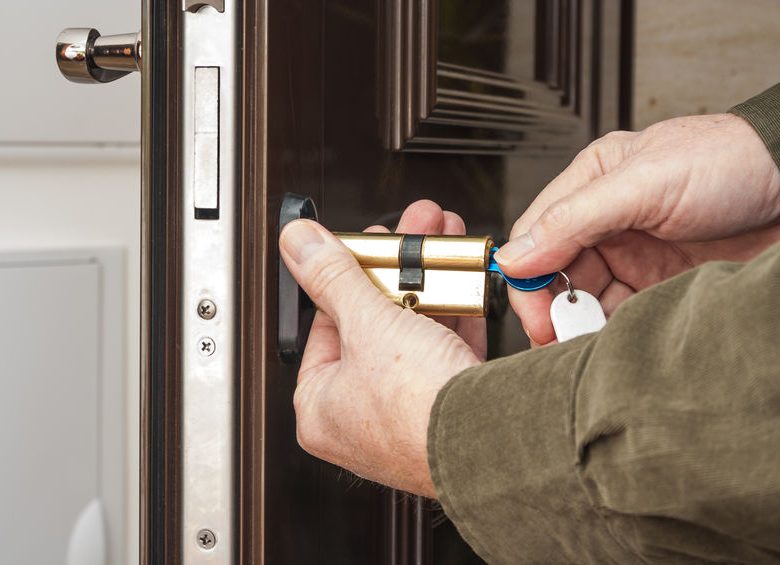Your home is only as secure as the locks on its doors. Over time, or therefore of security situations, you might feel the need to improve your locks to safeguard your safeness and privacy. There are several ways to do this, so if you’re considering replacing the door hair on your home, continue reading. We’ll help you realize when it’s essential, so when you can manage with an easier, less expensive lock-changing method.
1. Know the difference: changing vs. rekeying.
Changing locks on a door can entail either swapping them or rekeying them. Both methods ensure that old tips won’t wide open the lock. At the end of this article, you’ll find a complete cost contrast of exchanging versus rekeying, by a professional locksmith and as a DIY job.
2. Swapping door locks. Probably the most comprehensive approach to guaranteeing security, it requires removing the prevailing lock from the entranceway (like the deal with if it’s a handle-lock combo) and then setting up a whole new secure its place. Be prepared to pay $80 to $300 per lock, depending on quality, or more to $200 more for professional assembly. Many door hair, however, are DIY-friendly and include installation instructions.
3. Rekeying door locks. In apartment complexes, this is currently the most common way of changing locks over a door. Rekeying involves realigning the pins and springs in the interior workings of the secure order to match the lock to a new key. Just click here to find out about the rekeying process. You’ll pay $15 to $25 for a equipment that allows anyone to rekey the hair yourself. When you have it done expertly, be prepared to pay $80 to $160 us dollars to have a locksmith turn out and do the job.
Whenever a new house is under construction, a number of people-including subcontractors, inspectors, and real estate agents-will have tips to the entranceway. A new home-owner won’t want keys in the hands of most the individuals, therefore the lock should be rekeyed. That is typically a part of the sales process (and the duty of the constructor), even though buyer’s real estate agent is the main one who ensures it’s complete before closing. Rekeying may be beneficial any time you move into a different home because you never know how many tips are going swimming. When you’re buying a preexisting house, you’re on the connect for getting the hair rekeyed. If you’re letting, check your lease agreement for regulations about changing hair on the door-you may be required to supply the landlord an integral to the newly rekeyed lock.
4. Change the hair when your keys have been lost or stolen.
If your house keys are ever before stolen, one of your first orders of business is changing the locks on your doors so no one can gain access to your home. Rekeying is the method of preference in this example, just as it might be if a member of family misplaced an integral or otherwise lost an eye on it. The main one occasion when you’d need to replace the whole lock is if the only key to the lock went absent. The rekeying process requires the use of a genuine key; if you don’t have one you’ll have to replace the complete lock.
5. Consider the convenience of an individual key.
It’s annoying to fumble through six keys because leading door key doesn’t fit the backdoor or the medial side door locks and vice versa. The capability of having an individual key fit all the locks on your home (including the garage area) can be accomplished by rekeying-as long as you have the same make of hair on all the gates. Rekeying techniques (and key styles) change from one producer to another. For example, if all the hair on your home are Schlage, you can rekey most of them to fit the same key. When the hair are of varied brands, you’ll need to displace some to have all rekeyed to accept an individual key.
6. Better locks mean better security.
After a break-in or a rash of burglaries in a nearby, many homeowners upgrade to better locks. Modern door locks offer cutting-edge technology that both enhances and simplifies security. A lot of today’s locks feature a keypad with a code rather than an old-fashioned key to unlock the entranceway. The keypad can be programmed to simply accept a numerical digit code that may easily be reset to a fresh code if possible.
High tech has gone even more deeply into security, via smart locks synced to a phone, tablet, or PC, letting you lock and unlock the door remotely. Smart hair will also send an aware of your device if the entranceway is unlocked in your lack.
7. Cost comparison.
Replacing door locks is more costly than rekeying them, but you can save money on both if you get the job done yourself. Before deciding, consider the next cost breakdown.
Replacing Door Locks
You’ll pay from $40 to $300 to buy a fresh door lock, depending on design, materials, and whether it’s a straightforward key-in-knob lock or a high-end lock-and-handle combo with smart technology features.
Professional locksmith installation can add another $80 to $200, depending on the complexity of the lock.
Swapping door locks is a relatively simple DIY job. In the event that you know the right path around a basic screwdriver, you ought to be able to take on it in under one hour. Full unit installation instructions include the new hair and customer care hotlines tend to be available to answer any questions.
8. High-Security Locks
Purchasing high-security locks can simply increase the price of changing locks on a fresh home. With an estimated price almost 20 times that of a standard Home Depot lock, many new homeowners understandably ask yourself, “Are high-security locks worthwhile?” High-security locks are unquestionably better quality than standard low-cost locks, but they aren’t automatically the best investment.
9. Installing Locks
If your lock installation is not completed properly, you can wrap up jeopardizing the coverage of your brand-new locks for your home. Taking away and reinstalling screws is a common problem. Past owners may have changed locks many times, and the predrilled holes no longer provide enough material for the new screw to bite through.
10.Upgrading Doors
A new home lock does not fix any weakness that your entrance doors could face. And if you are changing hair on your new home, it could be a good idea to revise the doors. Check for durable cores of all external entrances. Since it is constructed of lumber and/or metal, a good center door is heavier than a typical interior door.



